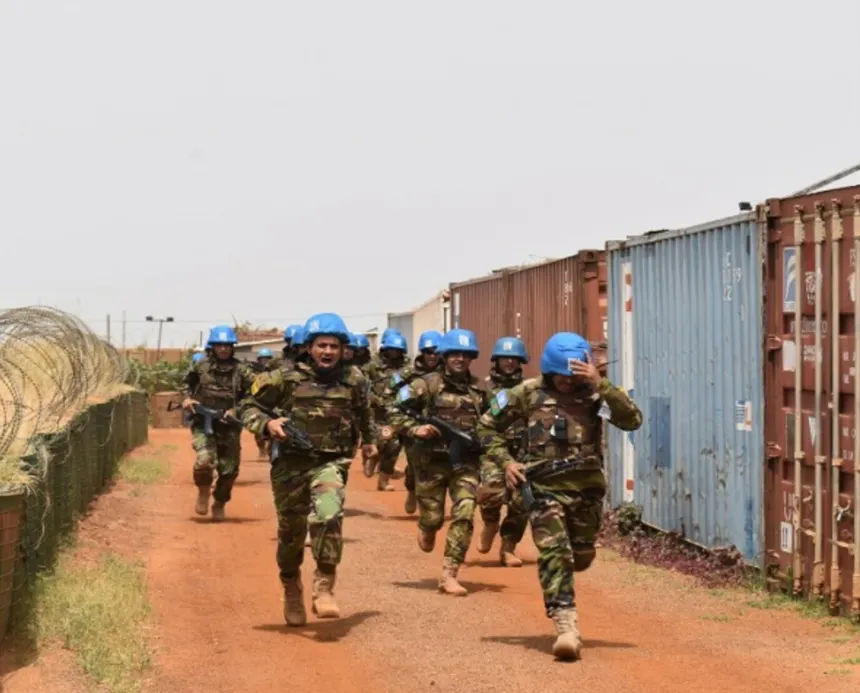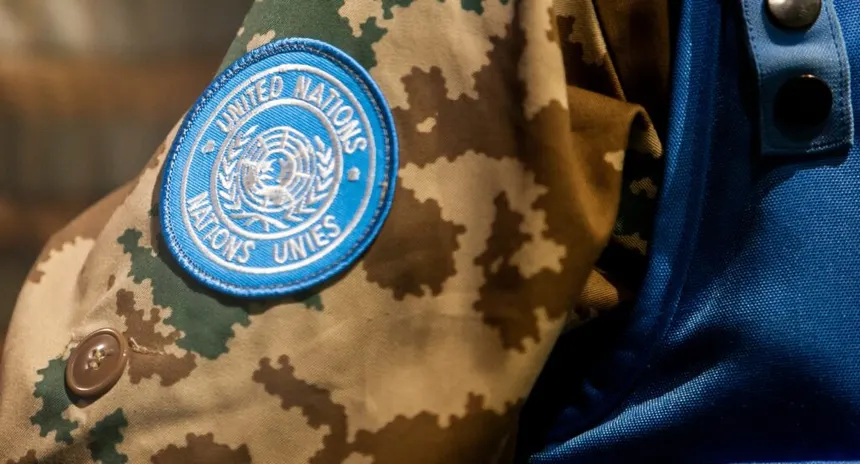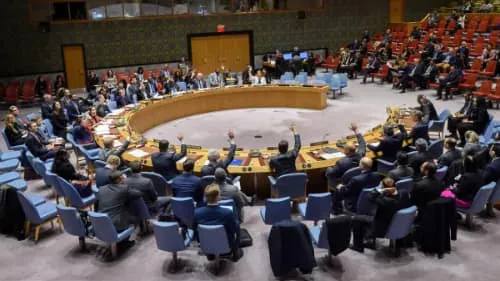The Growing Crisis in Europe
The ongoing instability in Europe has raised serious concerns among global leaders, human rights organizations, and international bodies like the United Nations (UN). Conflicts, political tensions, and economic instability threaten to plunge the continent into further turmoil. The UN, as a key global peacekeeping entity, must take urgent steps to restore order and prevent further escalation. The international community cannot afford to ignore these pressing issues, as they not only affect Europe but also have significant global repercussions.

Why Europe Needs Urgent UN Intervention
- Escalating Conflicts and Wars
- The war between Russia and Ukraine has caused massive destruction, displacing millions.
- Political tensions are rising in Eastern Europe, with fears of further territorial conflicts.
- Other simmering disputes, such as those in the Balkans, could reignite.
- Cyber warfare and hybrid threats are increasing, further destabilizing the region.
- Economic Fallout and Energy Crisis
- Sanctions and trade restrictions have disrupted global supply chains, affecting economies worldwide.
- Rising fuel and food prices have led to economic instability, especially in vulnerable regions.
- Europe’s energy dependency on Russia remains a major geopolitical issue.
- Inflation rates in several European countries have surged, worsening living conditions for millions.
- The economic downturn has caused job losses and business closures, increasing public dissatisfaction.
- Refugee and Humanitarian Crisis
- Millions of refugees have fled war-torn areas, seeking shelter in neighboring countries.
- Strained resources in host nations are leading to social and political unrest.
- The UN’s humanitarian agencies must step up aid and coordination.
- Women and children, who form the majority of refugees, are particularly vulnerable to trafficking and exploitation.
- Refugee camps are overcrowded, lacking essential medical and sanitation facilities, leading to health crises.

The Role of the UN in Maintaining Global Peace
UN’s Core Responsibilities in Conflict Resolution
- Mediation and Diplomacy: The UN must act as a neutral mediator in resolving conflicts through dialogue.
- Peacekeeping Missions: Deploying peacekeeping forces to war-affected areas can prevent further violence.
- Sanctions and Resolutions: Implementing international sanctions to pressure aggressive nations into peace negotiations.
- Monitoring Ceasefires: The UN must oversee and enforce ceasefire agreements to ensure lasting peace.
- Promoting Democracy and Governance: Encouraging democratic governance and fair elections can help stabilize fragile regions.
UN’s Past Successes in Conflict Resolution
- Bosnia and Herzegovina (1990s): UN peacekeepers helped end ethnic violence.
- Kosovo Conflict (1999): International intervention led to stabilization in the region.
- Syrian Civil War Efforts: Though not entirely successful, UN humanitarian aid saved millions of lives.
- Liberia’s Civil War: UN peacekeeping missions helped restore order and establish a democratic government.
- East Timor Independence: The UN played a crucial role in assisting East Timor in gaining independence and stability.

Challenges the UN Faces in Restoring Peace
Political Disagreements Among Member States
- Countries with veto power in the UN Security Council (e.g., Russia, China, the U.S.) often have conflicting interests.
- Political alliances complicate decision-making and delay actions.
- Some nations use the UN as a platform for geopolitical maneuvering rather than sincere peace efforts.
Funding and Resource Limitations
- Peacekeeping missions require large financial and military resources.
- Some member states hesitate to contribute funds or troops.
- Budget cuts and underfunding have reduced the effectiveness of many UN programs.
- The need for more modern equipment and technology in UN peacekeeping missions is an ongoing challenge.
Enforcement of International Laws
- The lack of a global enforcement mechanism makes it difficult to hold aggressors accountable.
- Countries violating UN resolutions often face minimal consequences.
- Corruption within governments weakens the impact of UN resolutions and sanctions.
- The reluctance of powerful nations to submit to international law hinders UN efforts.

Steps the UN Must Take Immediately
1. Strengthen Diplomatic Efforts
- Engage all parties involved in the conflict in peace talks.
- Appoint special UN envoys for conflict resolution.
- Organize international summits to discuss long-term peace strategies.
- Strengthen regional partnerships to encourage cooperation among European nations.
- Leverage economic incentives for nations willing to engage in peaceful negotiations.
2. Deploy More Peacekeeping Forces
- Increase the number of peacekeepers in high-conflict zones.
- Provide humanitarian assistance alongside military peacekeeping operations.
- Implement buffer zones to prevent direct confrontations.
- Train local security forces to gradually take over peacekeeping responsibilities.
- Enhance intelligence-sharing mechanisms to detect and prevent conflicts before they escalate.
3. Impose Effective Sanctions and Regulations
- Strengthen economic sanctions on nations violating international laws.
- Monitor and restrict the supply of weapons to conflict zones.
- Work with financial institutions to cut funding to extremist groups.
- Enforce trade restrictions on countries that refuse to comply with peace resolutions.
- Establish a global watchdog body to oversee compliance with UN sanctions.
4. Provide Humanitarian Aid and Support
- Allocate more resources to UNHCR and humanitarian organizations.
- Establish safe zones for refugees in war-affected regions.
- Increase funding for food, medical, and housing assistance.
- Develop educational programs for displaced children to prevent a lost generation.
- Strengthen mental health support services for war-affected individuals.
Conclusion: A Call for Immediate UN Action
Europe stands at a critical crossroads. The UN has both the responsibility and the power to intervene before the situation worsens. Strong diplomatic efforts, peacekeeping missions, and humanitarian aid can make a significant difference. If the UN fails to act, millions will continue to suffer, and global stability will be at risk. The international community must unite to ensure that Europe does not descend further into chaos.
The time to act is now. The world is watching, and the UN must rise to the challenge to secure a peaceful and stable future for Europe and beyond. The consequences of inaction could be severe, affecting not only Europe but also the entire global order. By taking decisive steps today, the UN can fulfill its mission of fostering global peace and security for generations to come.
America’s No.1 Hydration Brand, Liquid I.V., Finally Arrives in India – Here’s Why You Need It!






